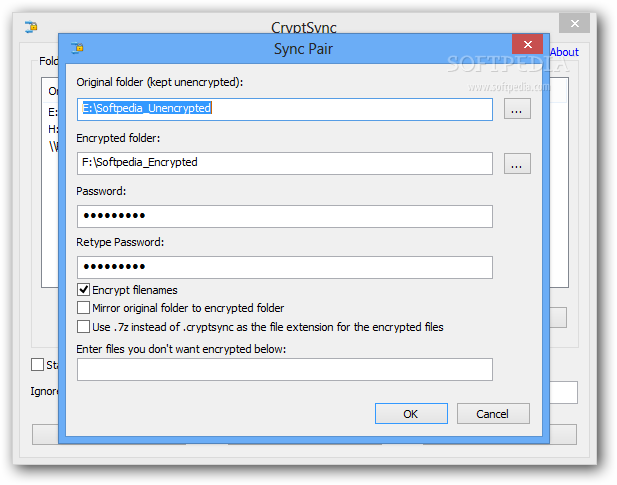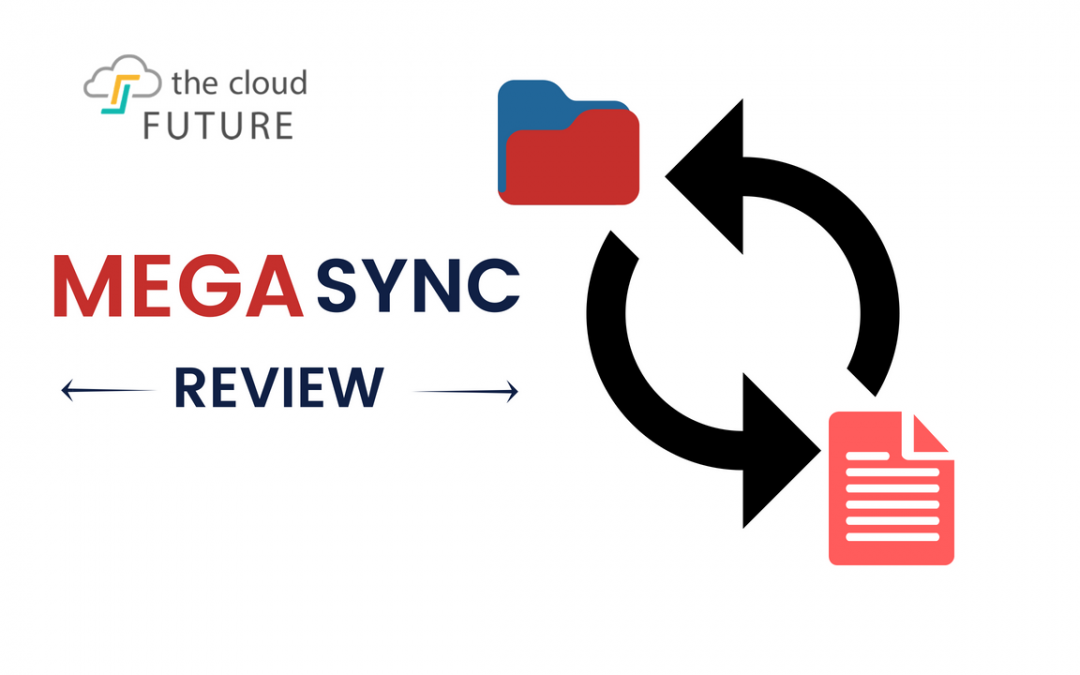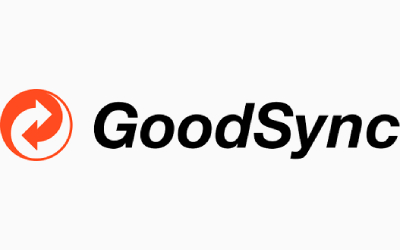

- FILE SYNCHRONIZATION SOFTWARE REVIEW INSTALL
- FILE SYNCHRONIZATION SOFTWARE REVIEW PASSWORD
- FILE SYNCHRONIZATION SOFTWARE REVIEW DOWNLOAD
FILE SYNCHRONIZATION SOFTWARE REVIEW DOWNLOAD
Someone who receives a link can view or download (if allowed) files you share without needing a account.
FILE SYNCHRONIZATION SOFTWARE REVIEW PASSWORD
If you fear losing access to your data because you lose your password, you can consider enabling the password reset option. You can even use LastPass to create a strong, unique password. If you lose it, you’ll lose access to your files! I recommend keeping your password in a password manager such as LastPass. The file remains encrypted until you retrieve it from .įor this reason, it’s critical that you securely store your password. When you upload a file to, it’s encrypted on your device before being sent to. Your files are encrypted using a key that’s based on your account password. Lock mobile apps with PIN or passcode.Email notifications of activity on your links.Remotely disable lost or stolen devices from accessing your files.Granular permissions (per-user, per-folder).Download limits (limit the number of times a linked file can be downloaded).Disallow downloading of shared files (allow view only).

FILE SYNCHRONIZATION SOFTWARE REVIEW INSTALL
You can also install software on the following systems: Many features are available from the website, on any device. We’ll take a closer look at these features. In addition to providing secure storage, also provides secure sharing of files with other people, secure syncing of files between devices, and secure backups. A zero-knowledge storage provider can’t view the files you store on its servers.

Zero-knowledge encryption is a form of encryption in which the service provider has no knowledge (zero-knowledge) of your encryption key, so the provider is not able to view your data. If these possibilities concern you, then you should consider a zero-knowledge storage provider. You may think, “I trust my storage provider, so what’s the problem?” Maybe you trust the company itself, but do you trust every one of its employees? And what if the company is hacked? Or what if a government (one in your country or a foreign one) wants to see your data? Maybe you have files that contain highly sensitive medical, financial, or legal data, and you don’t want to run the risk of those files falling into the wrong hands. It also means that if the government requested your files from those platforms, they could provide them. However, the platforms own the encryption keys. When you put files in Google Drive, Microsoft OneDrive, Dropbox, etc., those platforms encrypt your files.


 0 kommentar(er)
0 kommentar(er)
